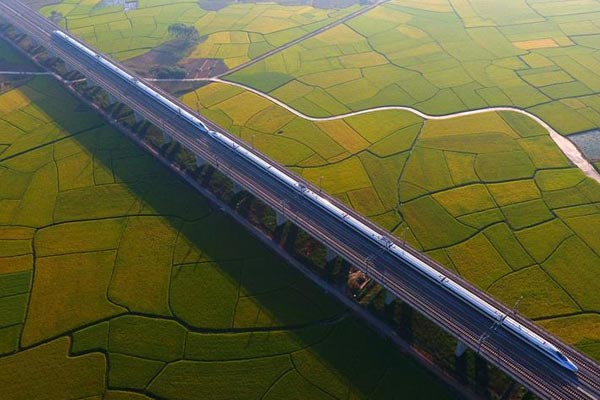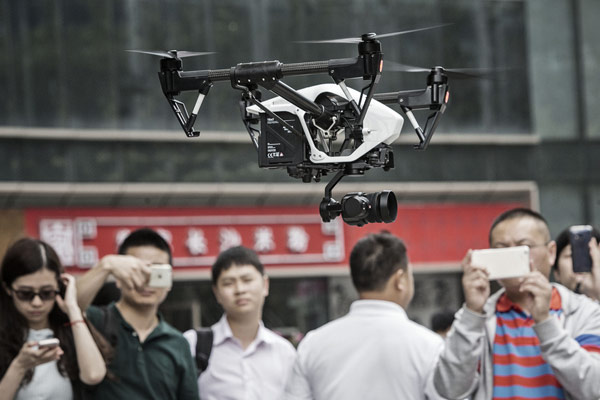Belt and Road Initiative to spur Africa's growth, reshape global order: experts
NAIROBI - The Belt and Road Initiative envisioned by Chinese leaders to revive ancient trading routes will unleash prosperity in Africa while refashioning the global order, Kenyan experts said.
China in 2013 announced its support for large-scale infrastructure projects such as roads, railways and seaports to help revive ancient maritime and land-based trading routes stretching from countries in Asia to Europe and even Africa.
In separate interviews, the experts hailed the Belt and Road Initiative, also popularly known as Silk Road, terming it a game changer in global trade, diplomacy and cultural interactions.
Gerishon Ikiara, a lecturer at the University of Nairobi's School of Diplomacy said the initiative will underpin Africa's future prosperity.
"The Chinese-led Belt and Road initiative is expected to radically change Kenya's and Africa's participation in global trade in the coming two decades," said Ikiara.
Historically the Silk Road is an ancient network of trade and cultural transmission routes connecting regions of the Asian continent with the West by merchants from China to the Mediterranean Sea during various periods of time.
Ikiara noted that the initiative will link 60 countries that account for an estimated 40 percent of global trade.
The former permanent secretary in Kenya's ministry of transport and communication noted that East African nations have started feeling the impact of this initiative through implementation of China-funded Standard Gauge Railway (SGR) project and seaports.
"Kenya is expected to play a key role in the initiative through the ongoing construction of the SGR project and modernization of Mombasa port," Ikiara remarked.
He noted that the proposed Lamu port and other infrastructure projects linking Kenya to its east African neighbors also forms a crucial component of the Belt and Road Initiative.
Ikiara stressed that China-funded infrastructure projects will boost intra-Africa trade and catalyze the continent's industrial transformation.
China-funded infrastructure projects that are part of the Belt and Road Initiative have started unleashing benefits in Kenya and the larger east and Horn of Africa region.
Ikiara singled out phase one of the SGR project linking the port city of Mombasa to Kenyan capital Nairobi for generating new jobs and facilitating skills transfer.
"The SGR project has created about 30,000 jobs in Kenya. It has introduced capacity building program for training Kenyans in diverse railway skills," said Ikiara.
He added that the SGR project has also inspired creation of special economic zones that will hasten realization of Kenya's industrialization dream.
The Belt and Road Initiative will act as a guarantor of Africa's future economic development, peace and stability against a backdrop of shrinking influence of former Western colonizers in the continent as major emerging economies have enhanced cooperation and ties with Africa in recent years.
Ikiara emphasized that Beijing's diplomatic clout in Africa will increase with the implementation of mega infrastructure projects to revitalize trade and technology transfer between the Asian giant and the world's second largest continent.
The renowned diplomacy scholar noted that China's foreign policy that emphasizes mutual cooperation and non-interference in other nation's sovereignty will withstand turmoil.
More analysts said the Belt and Road Initiative dovetails with Africa's long-term agenda on socio-economic transformation. Macharia Munene, a Nairobi-based foreign relations scholar said that the initiative will stimulate investments, trade and knowledge transfer in Africa.
"The initiative has the long-term effect of promoting the interests of both Africans and Chinese in ways of investments and political relations," Munene remarked.
He noted that ordinary people in Africa will benefit from revival of ancient trade routes linking the continent to economic powerhouses in the Asia-Pacific.

















